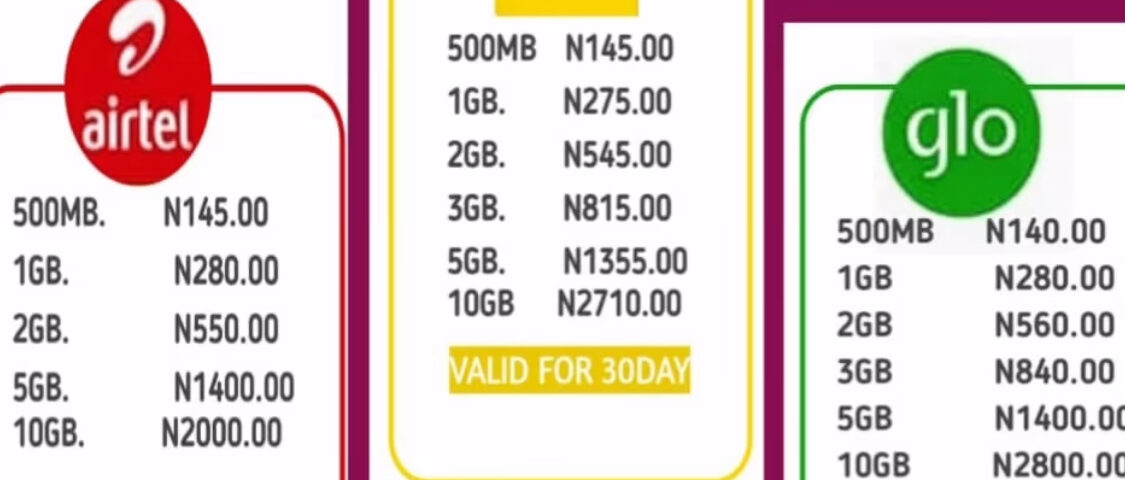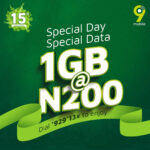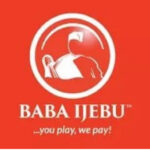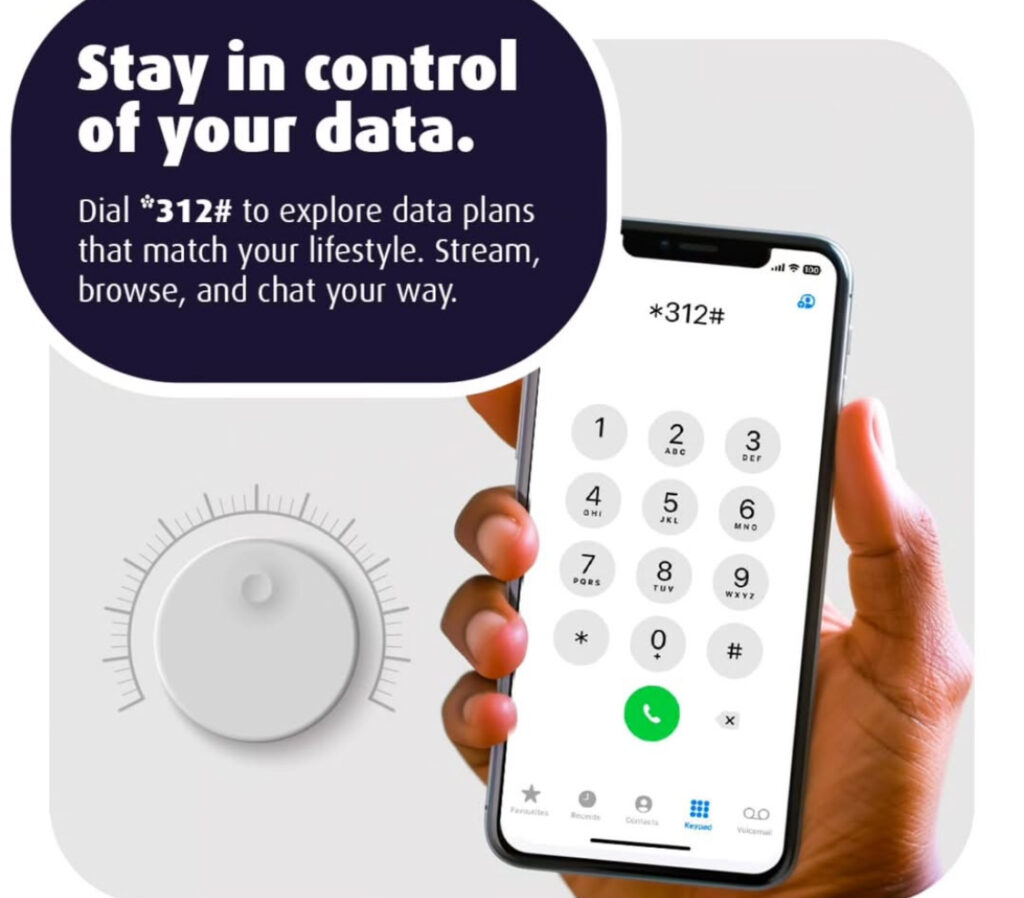
In Nigeria, where internet access is integral to daily life—whether for remote work, streaming, gaming, or running businesses—heavy internet users require data plans that offer high volumes, reliability, and affordability.
With rising telecom tariffs and varying network coverage, choosing the right data plan in 2025 demands careful consideration of price, data volume, speed, and network quality. This article explores the top affordable data plans in Nigeria tailored for heavy internet users, comparing offerings from major providers like MTN, Airtel, Glo, and 9mobile, as well as Internet Service Providers (ISPs) like FibreOne and Starlink. By analyzing value, coverage, and user feedback, we identify the best options for those who consume large amounts of data.
Understanding Heavy Internet Usage
Heavy internet users typically consume 20GB or more monthly, engaging in data-intensive activities like 4K streaming, large file downloads, video conferencing, or managing multiple devices. For such users, affordability doesn’t just mean low cost—it means high data volume per naira, reliable speeds, and minimal throttling.
Nigeria’s telecom landscape in 2025 offers a mix of mobile network plans and ISP broadband solutions, with some plans labeled “unlimited” but subject to Fair Usage Policies (FUPs) that reduce speeds after a data threshold. Below, we detail the top affordable data plans based on recent pricing, coverage, and user insights.
1. Glo: 24GB for ₦5,000 (Monthly)
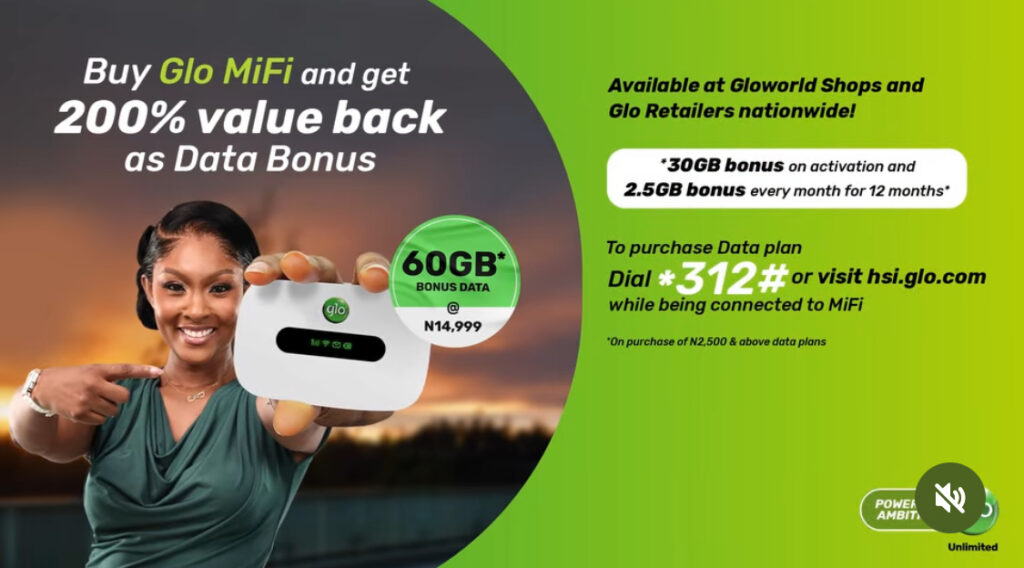
Glo stands out for its budget-friendly plans, offering one of the best value-to-cost ratios. The 24GB monthly plan for ₦5,000 (inclusive of 4GB bonus data) is ideal for heavy users who prioritize data volume over network consistency. This plan suits streaming music, videos, and moderate downloading, providing 0.21 naira per MB. However, Glo’s network quality varies significantly by location, with stronger performance in urban areas like Lagos and Abuja but slower speeds in rural regions.
User feedback highlights its affordability, with one Lagos-based user noting, “Glo’s 24GB plan is a steal for heavy streaming, but you need to check coverage in your area first.” For users in Glo-strong zones, this plan offers unmatched value.
How to Subscribe: Dial *777# or use the Glo website/app.
2. Airtel: 200GB for ₦20,000 (Monthly)

Airtel’s 200GB plan for ₦20,000 is a top pick for heavy users needing reliable speeds in urban areas. At approximately 0.10 naira per MB, it’s one of the cheapest per-GB options among major networks. Airtel’s robust 4G and expanding 5G coverage in cities like Lagos, Abuja, and Port Harcourt ensure stable performance for data-heavy tasks like remote work or HD streaming.
However, users must verify signal strength, as coverage can falter in less urban areas. A growth marketer in Lagos shared, “Airtel’s 200GB keeps me online for work and Netflix, but I had to switch from Glo due to poor signal in my area.” This plan also includes unlimited calls, adding value for professionals.
How to Subscribe: Dial *312# or visit Airtel’s website.
3. MTN: 165GB for ₦35,000 (Monthly)
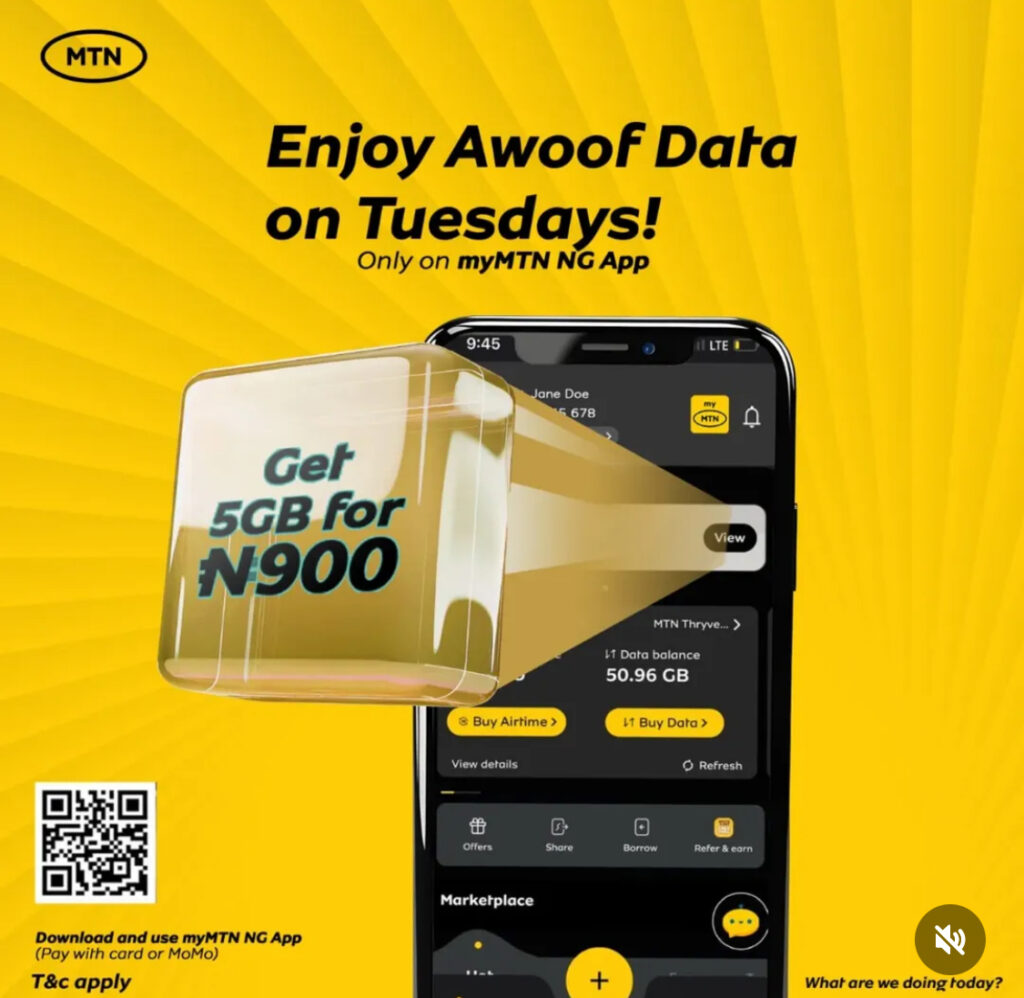
MTN, Nigeria’s largest network provider, offers a 165GB monthly plan for ₦35,000, delivering a cost of 0.21 naira per MB. Known for its extensive 4G/5G coverage and reliability, MTN is a go-to for users prioritizing consistent speeds across urban and rural areas.
This plan is ideal for businesses, digital nomads, or households with multiple devices, supporting tasks like video conferencing and large file transfers. However, MTN’s recent price hikes (up to 200% for some plans in February 2025) make it less affordable than Glo or Airtel for similar data volumes. A user on X praised MTN’s FibreX broadband for its reliability, suggesting it as a stable alternative for heavy users.
READ ALSO: How to recharge mtn card in Nigeria: mtn sim recharge code guide.
How to Subscribe: Dial 3121# or use the myMTN app.
4. FibreOne: 25Mbps Unlimited for ₦13,807 (Monthly)
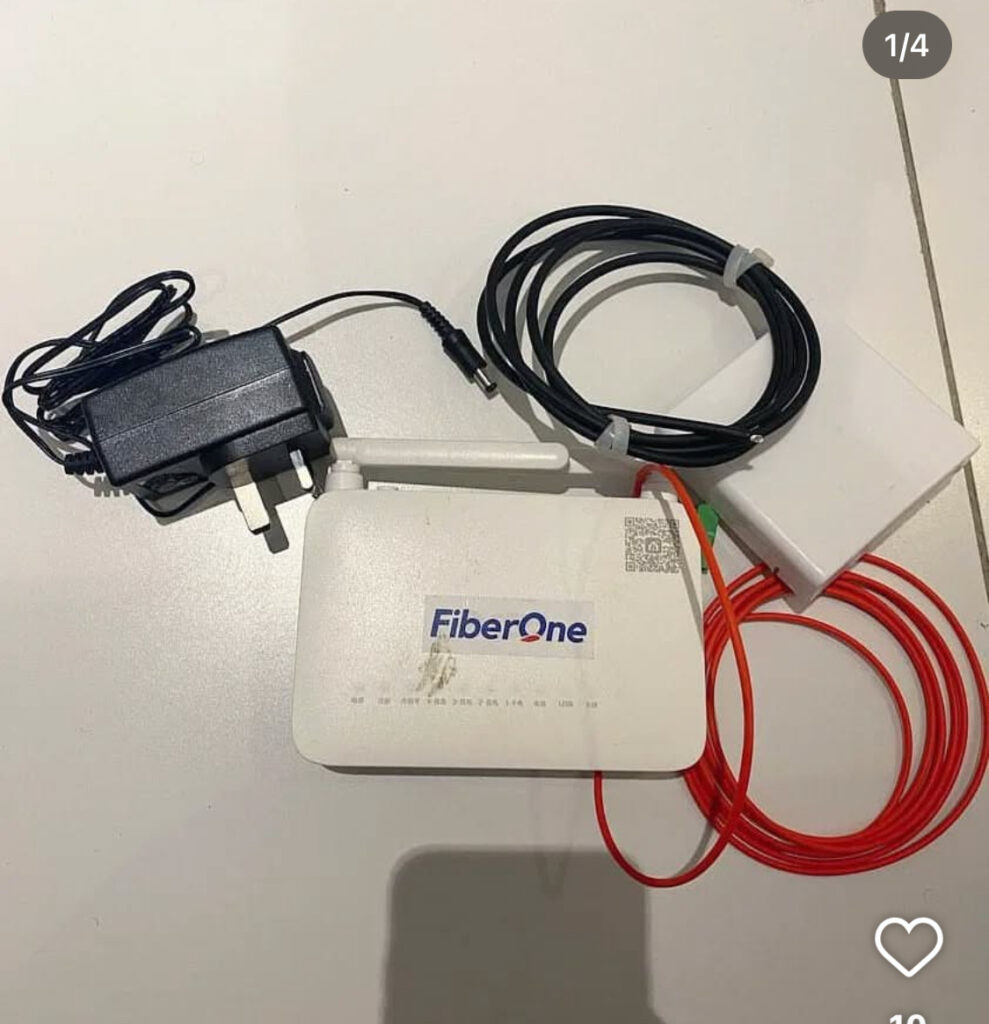
For heavy users seeking truly unlimited plans, FibreOne’s 25Mbps plan at ₦13,807 is a standout. Unlike mobile networks, FibreOne’s fibre-to-the-home (FTTH) service has no FUP, ensuring unthrottled speeds for streaming, gaming, or business operations. Available in Lagos, Abuja, Port Harcourt, and Ilorin, it’s perfect for households or small offices with high data demands. User feedback emphasizes its reliability, with one noting, “FibreOne’s unlimited plan means no speed drops, even with heavy use.” However, its limited geographic coverage and installation costs (around ₦22,575) may deter some users.
How to Subscribe: Visit FibreOne’s website or contact their support.
5. 9mobile: 150GB for ₦25,000 (Monthly)

9mobile’s 150GB plan for ₦25,000 offers a cost of 0.17 naira per MB and is a strong contender for heavy users in urban areas with solid 9mobile coverage. Known for fast city speeds, this plan supports streaming and remote work, with a generous FUP threshold before throttling to 512 Kbps. It’s less widespread than MTN or Airtel, so coverage checks are essential. A user review noted, “9mobile’s speed is great in cities, but it’s useless if you’re outside their strong zones.” This plan is ideal for city-based professionals or students.
How to Subscribe: Dial *312# or use the 9mobile app.
6. Tizeti: Unlimited for ₦17,500 (Monthly)
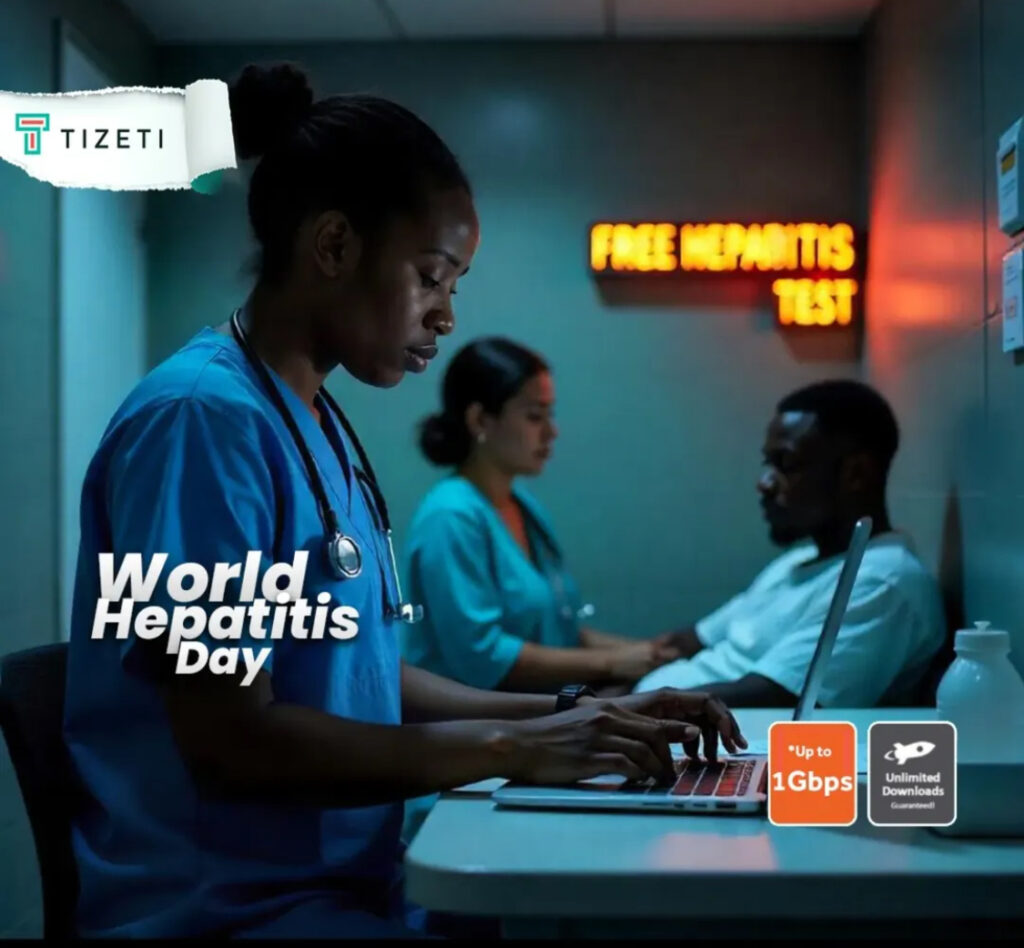
Tizeti (wifi.com.ng) offers an unlimited plan for ₦17,500 with no data caps or FUP, making it a cost-effective ISP option for heavy users. Available in Lagos, Ogun, and Port Harcourt, Tizeti provides stable speeds for streaming and work, though its coverage is less extensive than mobile networks. Its affordability and lack of throttling make it a strong alternative to mobile plans, especially for home use. A business user commented, “Tizeti’s unlimited plan keeps my office online without worrying about data limits.”
How to Subscribe: Visit Tizeti’s website or contact their support.
Key Considerations for Choosing a Plan
- Network Coverage: MTN and Airtel offer the widest coverage, making them safer bets for users in varied locations. Glo and 9mobile require strong local signals, while ISPs like FibreOne and Tizeti are limited to specific cities.
- Fair Usage Policies (FUPs): Many “unlimited” plans, like Airtel’s Ultra or 9mobile’s, throttle speeds after a data threshold (e.g., 150–300GB). FibreOne and Tizeti stand out for offering truly unlimited plans without FUPs.
- Speed and Reliability: 5G availability from MTN and Airtel enhances speeds in urban areas, but rural users may rely on 4G or 3G. FibreOne’s fibre connection ensures consistent high speeds.
- Cost per GB: Glo’s 24GB for ₦5,000 and Airtel’s 200GB for ₦20,000 offer the lowest cost per GB among mobile plans, while FibreOne and Tizeti provide better value for unlimited usage.
- Usage Needs: Heavy users running businesses or households with multiple devices may prefer ISPs like FibreOne, while mobile plans suit users needing flexibility and portability.
Tips for Maximizing Data Usage
- Night Bonuses: Plans like Glo’s 24GB include night bonuses (e.g., 4GB), ideal for scheduling large downloads.
- Data Resellers: Platforms like Prestmit or SMEData offer discounted data bundles, potentially lowering costs for MTN, Airtel, or Glo plans.
- Coverage Checks: Use network coverage maps or test signals before committing to a plan, especially for Glo or 9mobile.
- Monitor FUPs: For unlimited plans, track data usage to avoid unexpected throttling, particularly with Airtel or 9mobile.
Conclusion
For heavy internet users in Nigeria in 2025, affordable data plans balance high data volumes, reliable speeds, and reasonable costs. Glo’s 24GB for ₦5,000 offers the best value for budget-conscious users in areas with strong coverage, while Airtel’s 200GB for ₦20,000 and MTN’s 165GB for ₦35,000 cater to those needing reliability and large data allowances.
For truly unlimited options, FibreOne’s 25Mbps plan at ₦13,807 and Tizeti’s ₦17,500 plan provide unthrottled access, ideal for businesses or households, though limited by geographic availability. Choosing the right plan depends on your location, usage patterns, and budget. By prioritizing coverage checks and leveraging resellers or bonuses, heavy users can stay connected without breaking the bank, ensuring seamless access to the digital world.

